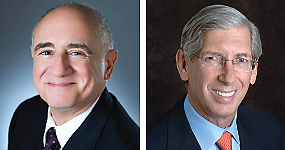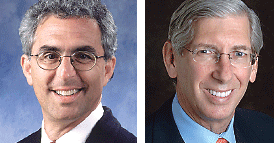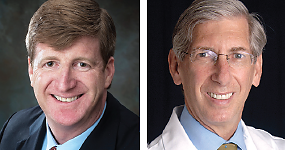APA President Jeffrey Lieberman, M.D., is using the Psychiatric News Alert as a forum to reach APA...
Cultivating the Next Generation of Psychiatrists
 |
The beginning of a psychiatrist’s career after residency or fellowship is an exciting, but daunting, time. Whatever career path he or she is pursuing—clinical practice, academics, public sector, or industry—the transition from trainee to professional is critically important and often stressful. There is the challenge of having primary responsibility for one’s own patients. The desire to become comfortable in a new work environment and with new colleagues. The understanding that no matter how thorough our training has been, there remain difficult situations that arise in practice, testing our knowledge and mettle.
APA well understands the need to support psychiatrists at this stage of their development and even has a special name for them: early career psychiatrists (ECPs). Every psychiatrist and member of APA has faced this juncture in their careers. Consequently, we recently reviewed APA membership survey data to learn what special needs and services applied to this important constituency of our profession.
We were surprised to see that while resident-fellow members saw value and were pleased with APA membership, many weren’t continuing their membership as they entered the field and the professional workforce. We wondered whether this may be due to the fact that, in a changing and challenging environment, we may too often focus on the challenge of the moment over our longer term professional needs and enrichment. This problem was particularly concerning since APA membership is especially helpful early in one’s career for educational and mentoring resources. And more importantly, young members strengthen APA and shape the Association now and for the future.
Read more here.
You can follow Dr. Lieberman on Twitter at @DrJlieberman.





